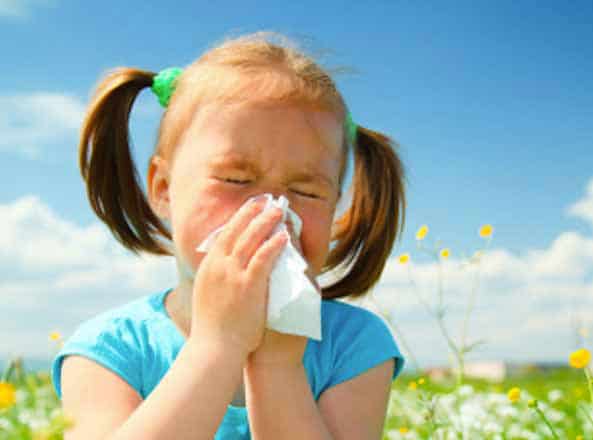
Symptoms of Child Allergies
Having a child in Tyler, Texas who has allergies can be stressful. Symptoms can range from mild to life threatening in an instant. The best way to keep your child safe is to always be prepared.
Determine the Type of Allergy
The first step is to determine the allergy. Schedule an appointment at your child’s Tyler allergy clinic. Their allergist will perform a series of tests in order to determine what is causing your child’s allergy symptoms.
The Tyler allergist will be the first to tell you that the only surefire allergy treatment is avoidance. While this will prevent symptoms, is it not always possible for your child to avoid everything they are allergic to. Because of that, it is helpful to understand what allergy symptoms go with what allergens.
Types of Allergy Symptoms
Common symptoms of an allergy to pollen (often called seasonal allergies) are a runny nose and nasal congestion; watery, itchy, red eyes; sneezing; cough; an itchy nose and roof of the mouth; postnasal drip and fatigue.
Pet allergies are marked by sneezing, a runny or stuffy nose, facial pain, coughing, chest tightness, shortness of breath, wheezing, red or itchy eyes and a skin rash or hives.
An allergy to insect stings can range from swelling, redness, flushing, hives and itching to the life-threatening reaction called anaphylaxis. Anaphylaxis typically includes trouble breathing, vomiting, low blood pressure, fainting and cardiac arrest.
Food allergies can also range from mild to life threatening. Mild symptoms include hives, itchy mouth or ear, nausea or vomiting, stomach pain and sneezing. Severe symptoms can include swelling of the lips, tongue and/or throat, shortness of breath, drop in blood pressure and turning blue.
Allergy Treatments
The final thing you need to know as a parent of a child with allergies is how to treat the symptoms.
Epinephrine (adrenaline) is the only medication that can reverse the symptoms of a severe allergic reaction called anaphylaxis. An epinephrine autoinjector, commonly referred to by the brand name EpiPen, can be self-administered into the thigh at the first sign of a severe reaction. Once the epinephrine is administered, you should go to the emergency room for further treatment.
Environmental allergies (such as seasonal and pet allergies) are usually treated with medications such as antihistamines and decongestants. The antihistamines reduce the amount of histamine (the substance that is produced during an allergic reaction) in the body and thus, reduce the sneezing, sniffling and itching. The decongestants target the congestion and swelling. Nasal sprays and eye drops are also used.
Antihistamines are also used to treat mild reactions to food allergies or insect stings.
It is always important for you and your child to be able to identify an allergic reaction and know how to treat it. For more questions on the process of treating allergy symptoms, contact your Tyler allergist.